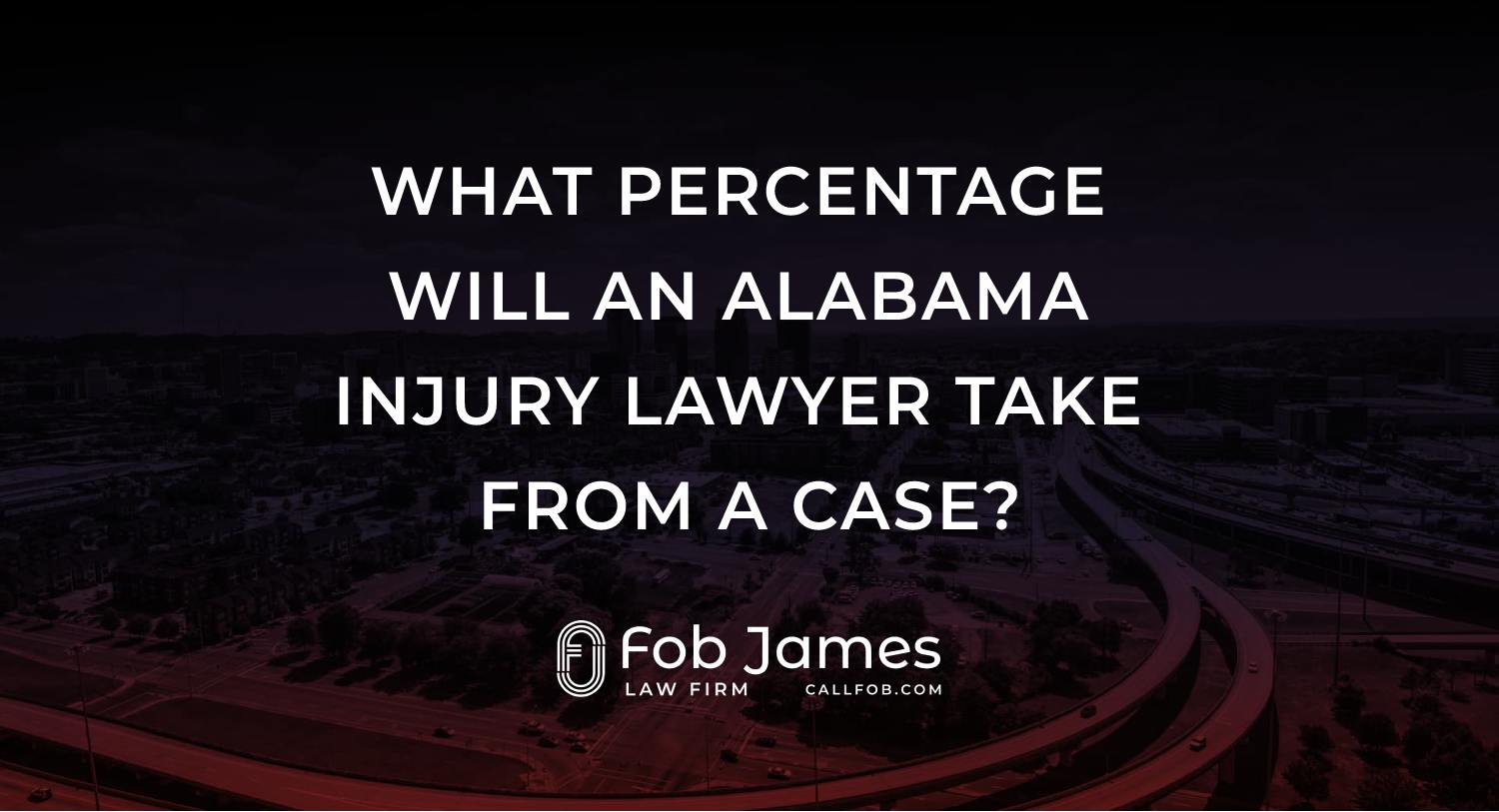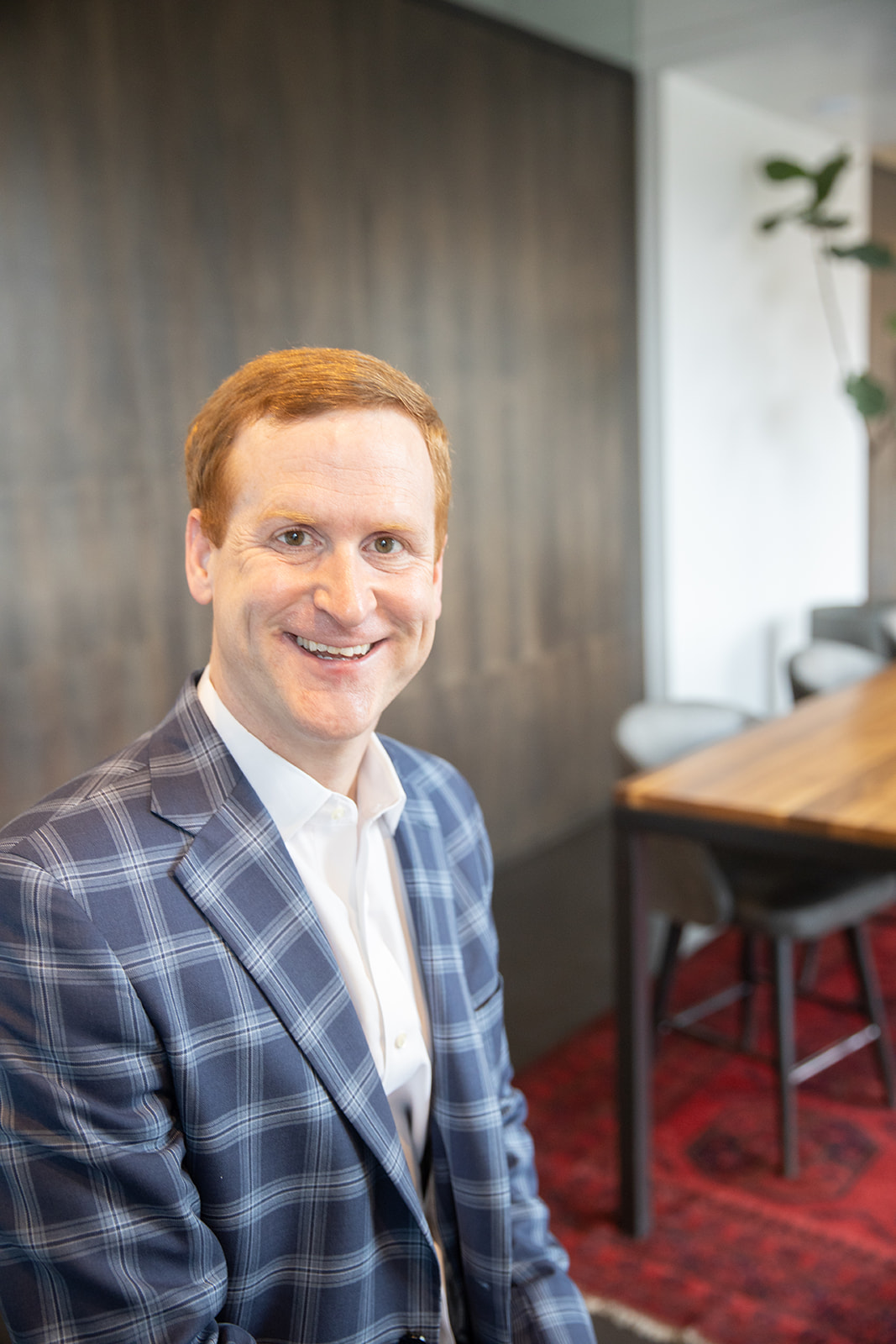
Potential clients often ask us: “What Percentage Will You Take On My Case?”
The percentage charged by Alabama injury attorneys charge typically depends on the type of case and what stage the case gets resolved.
One of the unique features of personal injury law is that lawyers don’t necessarily charge by the hour. Instead, they might offer a “no win, no pay” compensation structure, where you owe them nothing unless they win your case. We call this a contingency fee.
How Contingency Arrangements Work
In a contingency arrangement, the lawyer invests in the likelihood that you will win your claim. You and your lawyer will agree in writing that the lawyer gets a percentage fee based on the amount of your recovery.
Since any percentage of zero is still zero, that means you owe nothing unless your lawyer wins compensation for you.
Some of the primary features of contingency arrangements include:
- “Winning” your case means actually receiving compensation, whether in court or at the settlement table.
- The opposing party will send the settlement check to your lawyer. Your lawyer will then deduct their own fee and provide you with the remainder.
- Depending on your agreement, your lawyer might deduct certain expenses as well, such as filing fees and postage costs.
The exact terms of a contingency arrangement vary from lawyer to lawyer and from claim to claim.
How Much of a Percentage Do Lawyers Make?
How much of a percentage do lawyers make? Well, in a typical contingency fee arrangement, the personal lawyer makes 33-40% of the actual value of the recovery.
They calculate this amount based on the amount that the opposing party actually pays.
Typically, if the case is resolved without litigation, the contingency fee will be 33%. However, if the injury case is resolved through litigation, the contingency fee is typically 40%.
Advantages of Contingency Arrangements
The contingency fee arrangement offers several advantages to clients., including:
- The lawyer probably won’t take your case if you have a weak claim. This can save you a lot of time and energy. Contrast that with a lawyer, paid by the hour, who can still make money whether you win or lose.
- If your claim is strong, then you can afford to retain a good lawyer without a dime in your pocket. In a contingency arrangement it is the quality of your claim that matters, not the thickness of your wallet.
- Your lawyer has an incentive to win you the highest recovery possible. After all, when you make money, they make money too. Contrast this with the hourly fee system where the lawyer has an incentive to spend as many hours as possible on your case.
A contingency fee might seem like an unjustified expense. To put it into perspective, however, look at it this way.
If hiring a lawyer triples the amount you receive (which is not at all uncommon), or allows you to win when you otherwise would have lost, they will be worth every penny of their fee and then some.
Contact Fob James Law Firm Today
If you have been injured in an accident that you believe might have been someone else’s fault, you should seek full compensation for all your losses.
Your losses include not only your physical injuries but psychological damages as well (your pain and suffering, for example).
You are going to need an experienced personal injury lawyer to maximize the amount of compensation you receive.
That’s OK, because we have been fighting for personal injury victims for over 40 years now. Contact Fob James Law Firm, LLC, by calling 205-407-6009 or by contacting us online.
